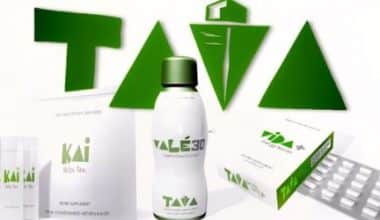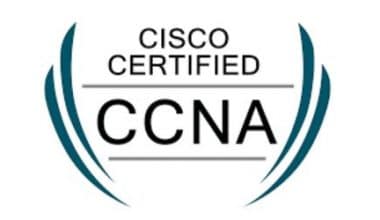When running a business, it’s essential to separate your business finances from your personal finances. This practice is useful for accountability in your business and helps you organize your taxes and open business lines of credit. It is also required in order for you to access various types of loans. However, it is not enough to just walk into any bank and open any type of business account—it is ideal to have an understanding of the different accounts, banking requirements, rules and regulations, what type of account you need, and how this account is operated by different banks.
There are different types of accounts—checking, savings, or investment—with varying requirements that yield different benefits and results. At first, entry-level business checking and savings accounts may seem very similar to regular checking and savings accounts, but as the company grows, your banking needs will change.
Here are some things you need to know and consider before deciding which account best suits your business needs.
Types of Business Accounts
#1. Business Checking Account
This is the most common business account, and it’s similar to a personal checking account, but it may have higher monthly fees, balance requirements, and more limitations. Generally, this type of account requires an opening deposit or a monthly minimum, but some are free and waive such requirements.
Supporting your day-to-day business finances is easier with a business checking account from a reliable institution like Western Alliance Bank. They offer a variety of checking and other specialized bank accounts, among other quality services, for corporations and business owners. Accounts like these allow multiple ways to manage transactions, such as online banking, mobile banking, and the use of cards, checks, and wire transfers. The biggest limitation is that there’s no interest in your funds. Some interest-bearing checking accounts exist, but they are rare and have low-interest rates.

#2. Business Savings Account
This account offers more interest on your funds with limited access. You cannot transact through checks, it costs a bit more monthly, and transaction fees and the minimum opening deposit are higher. This account is suitable for storing money for emergencies, major investments, project funding, and as a backup. There are two types: term deposit accounts and call accounts.
#3. Business Certificate of Deposit
This is similar to a savings account, but it offers higher interest rates, and the interest rate is locked for the full term of the account regardless of whether interest rates drop or increase. You don’t have access to funds until it has matured, which is dependent on pre-agreed terms. You can withdraw midway through but with a high penalty.
#4. Money Market Account
This is similar to a business saving account with a few differences. It offers you higher interest rates, allows access through checks and ATMs, and requires a higher minimum monthly balance. You can make deposits as you please, but there are limitations on withdrawals. Some banks allow you to link this account to a business checking account to cut down on certain fees. This account works best for businesses that keep a high monthly balance in savings.
#5. Merchant Account
This account is used to accept transactions from a variety of sources, such as debit and credit card payments from customers. It acts as an intermediary for money before it is transferred to your business checking or savings account. It is suitable for e-commerce businesses, businesses that operate a physical card reader or accept cards, and other forms of payment. However, this account adds transaction costs to a business.
#6. Foreign Currency Account
Also known as a borderless or multi-currency account, this account is used to transact in foreign currencies. It allows you to convert all your funds and hold them in foreign currencies. This account may earn interest and is ideal for businesses serving cross-border clients or businesses that transact with suppliers from foreign countries.
More Things to Consider Before Opening Your Business Bank Account
Before deciding on the type of business bank account you want to open, ask the following questions:
- What do I want the account for?
- Are there any fees attached to the account, and what are they?
- Is there a minimum balance requirement?
- Are there limits on the number and amount of transactions?
- Will I earn interest on my account balance?
- How easy is it to set up?
- Do I meet the requirements and possess the necessary documents?
The answers to these questions will serve as your guidelines for deciding the type of business bank account that will work best for your needs.
Final note: You may need an Employee Identification Number (EIN) when opening a business account. In the end, the account you choose should serve your business and financial goals in the short and long term. Good luck!






